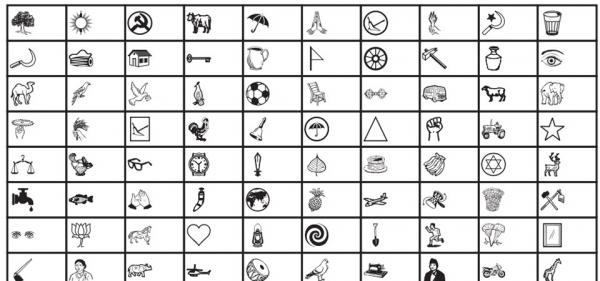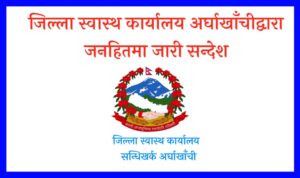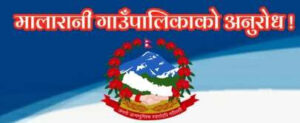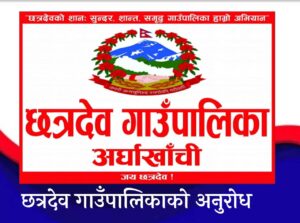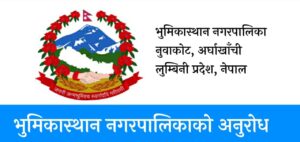29 Mar, 2022
Purushottam Khatri Rising Nepal
Kathmandu, Mar. 29: The Ministry of Home Affairs (MoHA) Monday said that the endorsed ‘Local Level Election Integrated Security Policy-2078’ has been forwarded to each District Security Committee and District Police Office across the country for effective implementation to conduct the local level polls slated for May 13.
Talking to The Rising Nepal, Joint Secretary and Spokesperson for the Home Ministry Phadindra Mani Pokhrel said that the Ministry has taken the Security Policy into implementation phase accordingly to the security situation and analysis of each district. The Central Security Committee (CSC) meeting held on March 24 endorsed the Security Policy.
Reveling some major points identified by the endorsed security policy for the local polls, Joint Secretary Pokhrel said that it has given authority to safeguard the place or centre for printing the ballot paper for the local election to the Nepali Army (NA). As usual, the Election Commission (EC) has already decided to print the ballot papers at the printing press of Janak Educational Material Centre (JEMC), Sanothimi of Bhaktapur. The JEMC will be provided 24-hour security by the Nepal Army while printing the ballot papers.
As per the security policy, the security of important academies, airports, big infrastructures of the government, prisons and other crucial infrastructures falls under the security of the army, Joint Secretary Pokhrel said. The APF and Nepal Police which have been deployed in the safeguard of such important places would be recalled till the election, he said.
Joint Secretary Pokhrel further said that it has also been decided to hand over the responsibility of transporting ballot papers, ballot boxes and election materials in the remote areas to the army. The army will patrol the constituency from 30 days before the election, he said.
The integrated local level security policy has also given authority to Nepali Army to deploy bomb disposal squads during the election and to deploy army forces at a maximum distance of 30 minutes from the polling station on polling day.
Three-layer security plan
As in previous election, the policy has envisaged the deployment of existing security bodies in three layers in the local level election, Pokhrel said.
Nepal Police will be deployed in the first layer of election security, Armed Police Force Nepal in the second layer and Army in the third layer. The Central Security Committee (CSC) has issued a circular to all the four security agencies, including the National Investigation Department (NID), setting out the criteria which security organisation to operate, Pokhrel said.
Although it has not been finalised how many security personnel will be there in the polling centres and booths, the government has tentatively estimated the deployment of at least six security personnel in each polling station, Pokhrel said.
Meanwhile, Nepal Police Spokesperson and Senior Superintendent of Police (SSP) Bishnu Kumar KC said there will be a maximum of 11 total security forces except Nepali Army in highly sensitive polling booths.
Further, it has been decided to deploy three policemen and five temporary police in ordinary polling stations and three policemen and six temporary police in sensitive polling stations.
SSP KC said that it has been decided to mobilise the Armed Police as mobile patrols and striking forces at all local levels. There will be four mobile teams and one striking team in the metropolis, three mobile teams and one striking team in the sub-metropolis, two mobile teams and one striking team in the municipalities.
